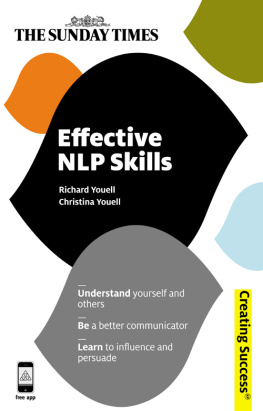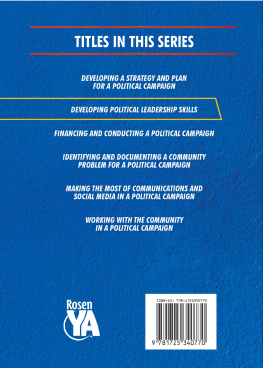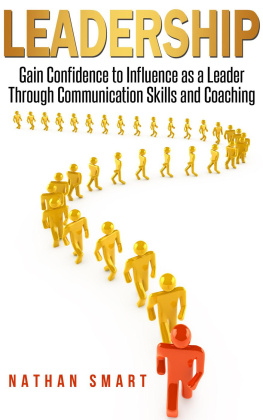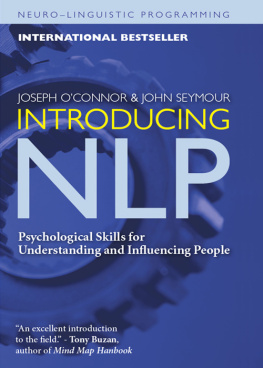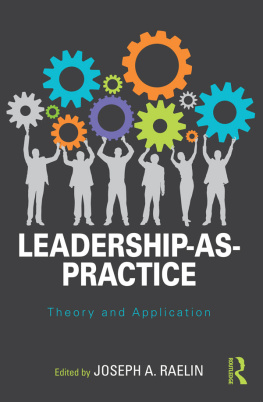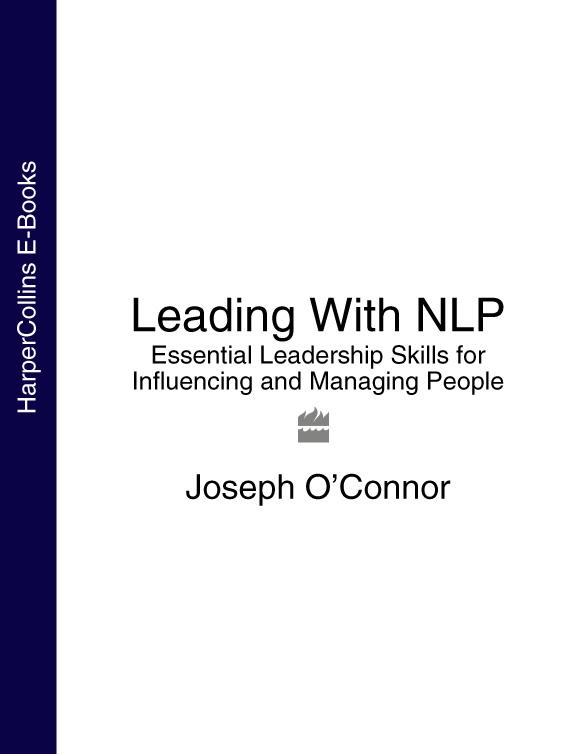
INTRODUCTION:
THE LEADERS JOURNEY
Two people died in the same week in August 1997, Princess Diana in Paris and Mother Teresa in Calcutta. They could hardly have been more different on the surface. Princess Diana was rich, famous, beautiful and controversial. Mother Teresa was an elderly Albanian nun who slept on a hard bed and worked with the poor and sick on the streets of Calcutta. Yet both touched peoples hearts; they were loved and respected as well as being international figures. They were leaders. When they died, people who had never met them mourned them. Why?
Because both were not perfect icons but real people with human frailties that others could identify with. They were like us, yet they expressed something of the best in us something of what we are and could be. These two people were in the public eye, like many others we regard as leaders politicians, artists, musicians and businessmen but leadership is more than a job description. Leadership is a way of acting and a way of being that we all can have, not something out there, something for other, famous people. At every level leaders have the ability to help people, express their hopes and carry their fears. I would like this book to demystify leadership, taking it down from its high pedestal and making it a natural part of life.
In the past, leaders were the rich, the powerful and the famous, great kings, warlords, scientists and thinkers, outstanding artists or craftsmen, or giants of commerce. Literature and history hold them up as examples and it seems we can only aspire to be pale copies. Over the twentieth century there has been a profound democratization in almost every aspect of human life, except leadership. At first sight this seems to make sense after all, we cant all be leaders, can we? No. Not if we continue to accept a narrow definition of leadership based on power, high profile and wide authority.
Let us reclaim leadership to its original meaning: taking a path or going on a journey. Leadership is the journey itself, the activity, not the destination a stimulating and fulfilling journey where planning and preparation are also important and enjoyable in their own right.
I see leadership skills as the most important resource we have to develop to deal with the capricious times in which we live. That we live in times of rapid change is a truism we have to adapt to the sort of breakneck changes in one lifetime that previously would have taken generations. In the world of business, markets and strategies change fast. We are on a high-technology carousel that never seems to slow down. The carousel spins with bewildering speed as we strive to deal with the present and shape the future but with systems and organizations designed to cope with the past. We have more information, but knowledge information that matters and makes a difference is as hard as ever to acquire. We take a sieve to the torrent of information that drenches us every day and hope to catch something of value.
How can we pin down leadership, one of the most talked about and written about subjects in business? Is it charisma? Influence? Inspiration? Stewardship? Yes. It may be. Because the reason you set out on your journey, your chosen destination, who you travel with and how you travel may all vary. Thats what is so infuriating and valuable about leadership. There are many roads, many destinations and many ways to travel.
So why learn to be a leader? To be involved in what really matters to you. To be able to do what inspires and moves you. To have companions on your journey. In any area where you want more influence you must be a leader.
Leadership has a paradox at its centre while greatly prized, you cannot grab it for yourself directly. It is a gift which can only be given by others. Being a leader has no meaning without others who choose to travel with you. A leader all alone is like the sound of one hand clapping.
So this book represents a journey in three senses. First it has travellers tales from leaders on their path. What was it like for them? What did they find? Where are the pitfalls and the dragons on the path? What essential travel equipment do we need? These tales come from all over the world. Secondly, this book is a practical tour guide for you to prepare in your imagination what you want to do in reality. Thirdly, this book is itself a journey. I have a plan and a vision of what it will be about and what it will do. I have my map, but the writing has a momentum and direction of its own and right now I do not know exactly what route we will take. I know where we need to arrive, but there are many fascinating sights to see, sounds to hear and places to explore on the way. We do not know what exactly we shall find in them and there may be some unscheduled stops on the way.
This is a personal view of leadership. For me, three areas of leadership stand out: selfdevelopment, influencing and communication skills, and systemic thinking.
First, being a leader means developing yourself. You need to be strong and resourceful in order to make the journey. As you become a leader, you find resources in yourself you did not know you had. You become more yourself, because a leaders greatest influence comes from who they are, what they do and the example they set. Secondly, a leader inspires others to join them on the road, so leadership involves communication and influencing skills. Otherwise you are a lone traveller, not a leader. Thirdly, a leader must look towards their destination, as well as paying attention to where they have been and where they are. Without such a road map, however strong they may be and however many companions they may have, they may get lost down a cul-de-sac or stuck in a swamp. A leader needs to understand the system they are part of, to see beyond the obvious, beyond the immediate situation, to sense how events connect to deeper patterns. So leadership is a combination of who you are, the skills and talents you have, and your understanding of the situation or the context you are in. While these elements are universal, you will put the pieces together in a way unique to you.
You can use this book in any area of your life where you want the benefits of being a leader. I will concentrate, however, on business examples because leadership is so important in business and business holds so many opportunities to be a leader.
Leadership is no easy faddish package that you can hand out as part of a corporate restructure to solve all your problems. It needs work; you need to develop the ability to respond to challenge as well as deal with the specific challenges that arise in the course of your business. I want to look at leadership from the inside as well as the outside. What are the most useful ways to think about managing a business? What skills are needed? Leadership holds some answers to these questions.
The Management Agenda, a report published by the Roffey Park Management Institute in 1998, contained the replies of a sample of managers to questions on work issues. Many were critical of senior managers for lacking leadership. At the same time, they said that they themselves were expected to be leaders, yet they had no training on what this involved or how to adjust to this new identity. There seems to be a need for leadership in business and at the same time a vacuum about what this means in practice and how to make the change.
Leadership is part of, and the result of, the great changes in management practice in the last 20 years. It replaces the old command and control model of running an organization. Command and control, based on a military mentality, was appropriate in a different social climate and a stable business environment. Now this stability has gone, a casualty of a frenetic pace of change, new values of self-esteem and individual responsibility and a business culture that values employability above employment. In most business organizations, particularly in the Western world, we just do not obey orders any more at least not without good reason. But leaders are still needed, both to guide the organization and to develop others as leaders.
Next page




